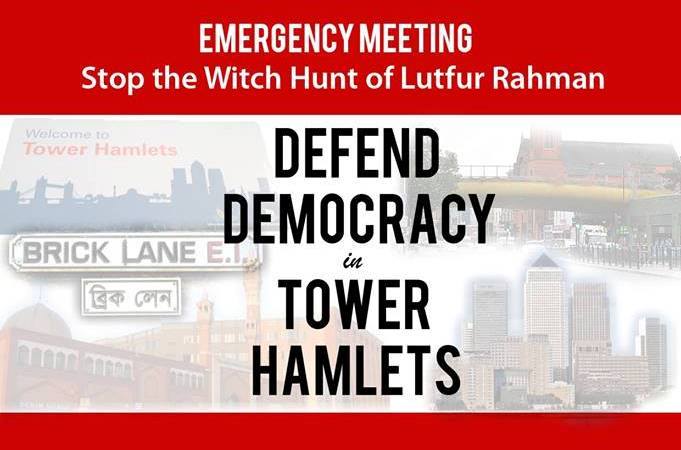British Muslim rights groups and ordinary faithful said they felt singled out by a tough new anti-terror law unveiled on Wednesday, labelling the planned legislation divisive and rushed. While there is agreement on the need to prevent would-be British jihadists from joining the ranks of the Islamic State group, there is also unease over the government’s hardline strategy.
“For us to live in the same community and work together, we have to fight together. I think these laws will separate us,” said Fatima Ali, 46, a nurse. “I think they were made too hastily,” she said.
Britain has around 2.8 million Muslims, making up 4.4 percent of the population, and many are concentrated in London in ethnically diverse areas like Whitechapel where Ali works.
The area is home to the East London Mosque, billed as the city’s oldest and as serving the country’s largest Muslim congregation. Stalls line the streets near the mosque selling headscarves and long robes, and most shops nearby sell either Halal food or Islamic books.
A short walk down the road is Aldgate tube station, site of one of a series of coordinated bombings that killed 52 people in London in 2005, carried out by four radicalised young Muslim men.
“I don’t think they can stop the terrorists with this law,” said market trader Mohammed Ali, 55, against a backdrop of multi-coloured and sequined cloths. “This law targets the Muslim community…. Just because one part of the community is criminal, it doesn’t make the whole community criminal,” he said.
The new laws would increase surveillance and relocation for people identified as Muslim radicals, force universities to bar extremist preachers and toughen laws against would-be jihadists planning to leave for Iraq and Syria and those returning.
There is broad support from the main parties in parliament for the draft Counter-Terrorism and Security Bill, which also includes the establishment of a civil liberties panel to monitor implementation. But campaign groups like Liberty, the Islamic Human Rights Commission (IHRC) and CAGE have already come out against the Counter-Terrorism and Security Bill, defining it as hasty and counter-productive.
“The new anti-terror drive seems to be more geared to creating otherness in our society than security,” IHRC chair Massoud Shadjareh told AFP. “I don’t think there has been any consultation with the Muslim community,” he said, adding: “The consultation seems to be only with a narrow group of people who think like the government.”
Continue reading →

 Freedom Party leader Heinz-Christian Strache was re-elected as Vienna’s state party chairman on Sunday and has put fighting radical Islam, crime on the U-Bahn network, and immigration top of his agenda.
Freedom Party leader Heinz-Christian Strache was re-elected as Vienna’s state party chairman on Sunday and has put fighting radical Islam, crime on the U-Bahn network, and immigration top of his agenda.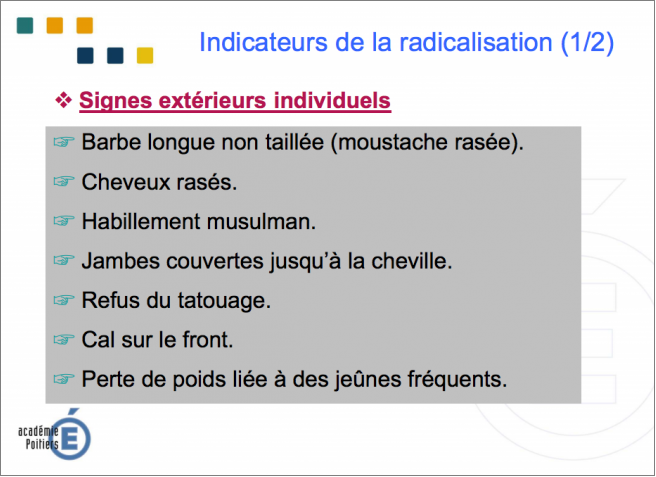
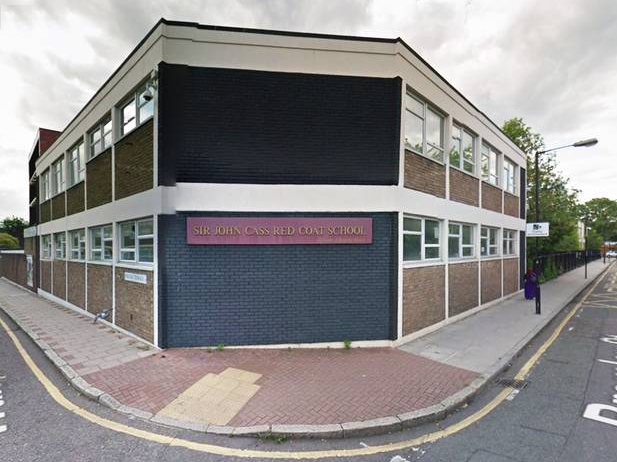 One of the country’s most successful inner-city state schools is to be failed by inspectors for neglecting to safeguard its pupils from extremism in an echo of the Birmingham “Trojan Horse” affair.
One of the country’s most successful inner-city state schools is to be failed by inspectors for neglecting to safeguard its pupils from extremism in an echo of the Birmingham “Trojan Horse” affair.
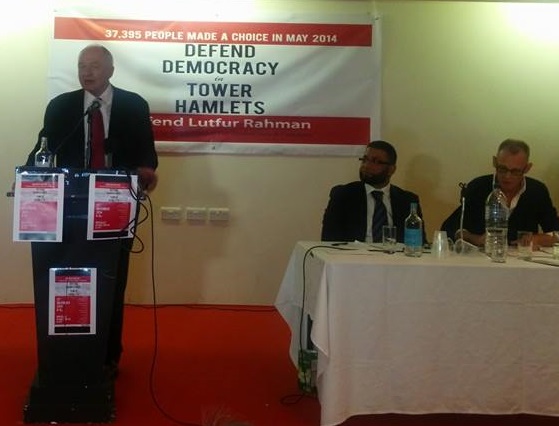 Ken Livingstone was accused by the government yesterday of inciting a lynch mob after he urged protesters to go to public servants’ homes and “
Ken Livingstone was accused by the government yesterday of inciting a lynch mob after he urged protesters to go to public servants’ homes and “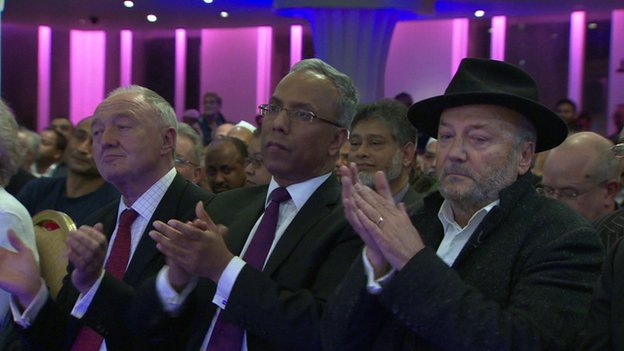 Senior political figures George Galloway MP and former Mayor of London Ken Livingstone last night spoke out in defence of controversial Tower Hamlets Mayor Lutfur Rahman.
Senior political figures George Galloway MP and former Mayor of London Ken Livingstone last night spoke out in defence of controversial Tower Hamlets Mayor Lutfur Rahman.